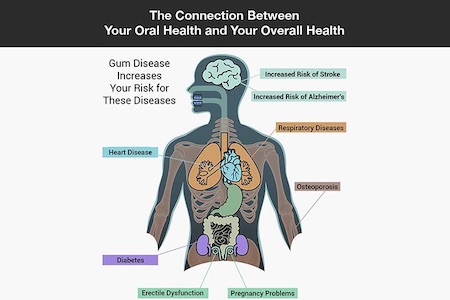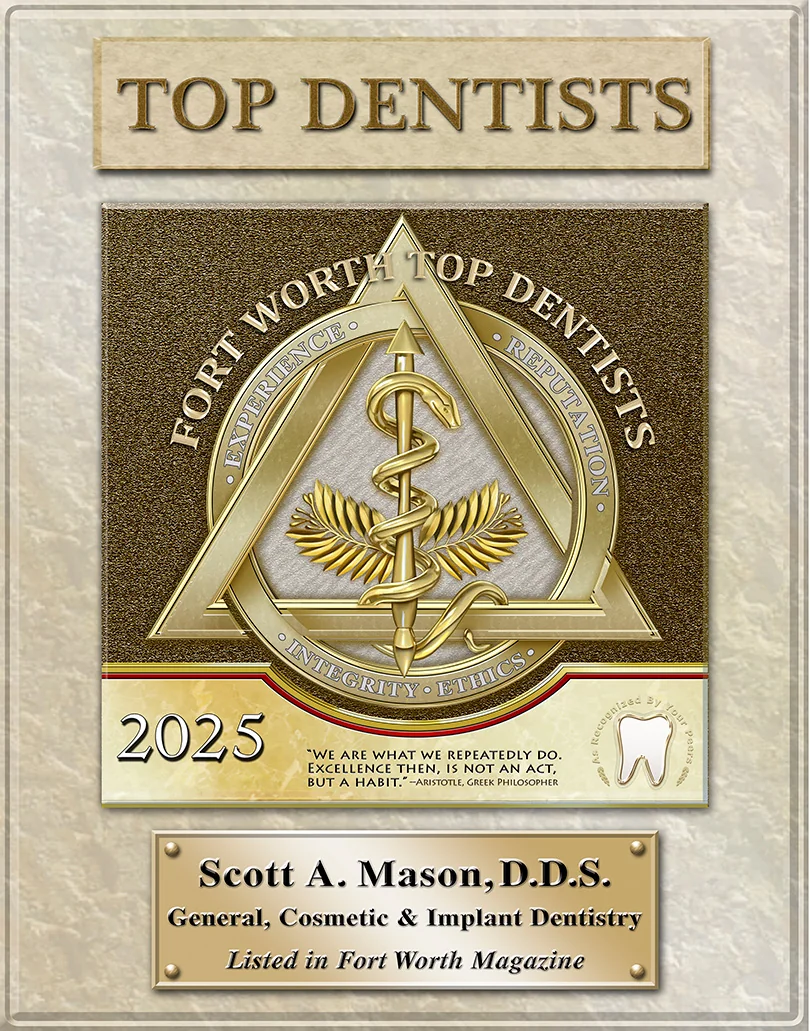 We all know the basics: brush twice daily, floss regularly, and schedule dental check-ups every six months. But let’s face it—between work deadlines, family obligations, and the daily hustle, dental care often takes a backseat. That morning you rushed out without brushing? That dental appointment you’ve rescheduled three times? We’ve all been there.
We all know the basics: brush twice daily, floss regularly, and schedule dental check-ups every six months. But let’s face it—between work deadlines, family obligations, and the daily hustle, dental care often takes a backseat. That morning you rushed out without brushing? That dental appointment you’ve rescheduled three times? We’ve all been there.
Yet, maintaining good oral hygiene is more than just preserving your smile; it’s a crucial component of your overall health.
The Mouth-Body Connection
Your mouth serves as a window to your overall health. The bacteria responsible for gum disease can enter your bloodstream, leading to inflammation that affects your heart. Studies have shown that individuals with periodontal disease are 28% more likely to suffer a heart attack and twice as likely to experience a stroke.
Some patients discover this connection firsthand when a routine physical reveals elevated inflammation markers linked to their gum disease. In such cases, dentists and doctors often collaborate on comprehensive health plans to address both oral and systemic health concerns.
Brain Health Begins with Oral Care
Misplacing your keys occasionally is normal, but did you know that protecting your brain includes caring for your teeth? Research suggests a strong link between oral health and cognitive function.
Families may notice that a loved one’s declining dental health coincides with early memory issues. This connection isn’t coincidental—the same inflammation affecting gums can impact brain tissue. Harmful oral bacteria like Porphyromonas gingivalis have been found in the brains of Alzheimer’s patients, indicating a potential link between gum disease and dementia.
Small Problems Become Big Problems
That tiny twinge when drinking cold water? It might not resolve on its own. Many people ignore sensitive teeth for months until an abscess develops, requiring an emergency root canal that costs significantly more than a simple filling—not to mention the pain, frustration, and missed workdays.
Regular dental check-ups can catch these issues early, preventing minor problems from escalating into major dental procedures.
Your Smile’s Social Impact
Think about how you feel after a dental cleaning—that smooth, fresh feeling boosts your confidence. People often stop smiling in photos when they develop staining or other visible dental issues. After addressing these concerns, many report receiving comments about their renewed confidence in professional and social settings.
A healthy, confident smile can enhance your personal and professional life, making a positive impression on those around you.
The Economics of Prevention
Consider regular dental care as a smart investment rather than an expense. Preventive dental care, including routine cleanings and check-ups, can help avoid costly procedures like crowns, root canals, or dental implants.
Many self-employed individuals without dental insurance pay out-of-pocket for twice-yearly cleanings. As one freelancer puts it, “It seems expensive at the moment, but it’s nothing compared to what I paid for a crown when I skipped checkups for three years.”
Finding Your Motivation
Whatever motivates you—whether it’s saving money, preventing pain, or maintaining your appearance—use that as your reason to prioritize oral health. Your future self will thank you, with a healthy smile.
Talk to the team at Mason Dental about creating a personalized oral health plan that works with your lifestyle and health needs.







